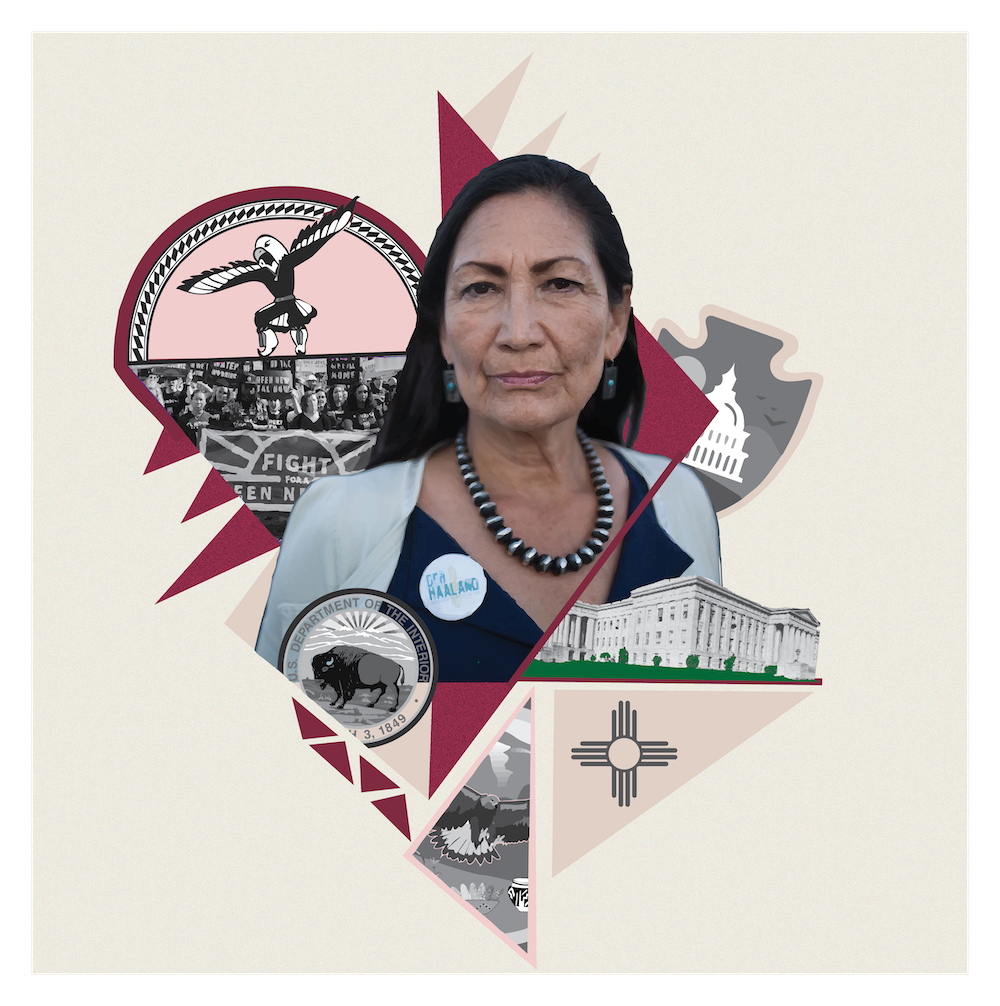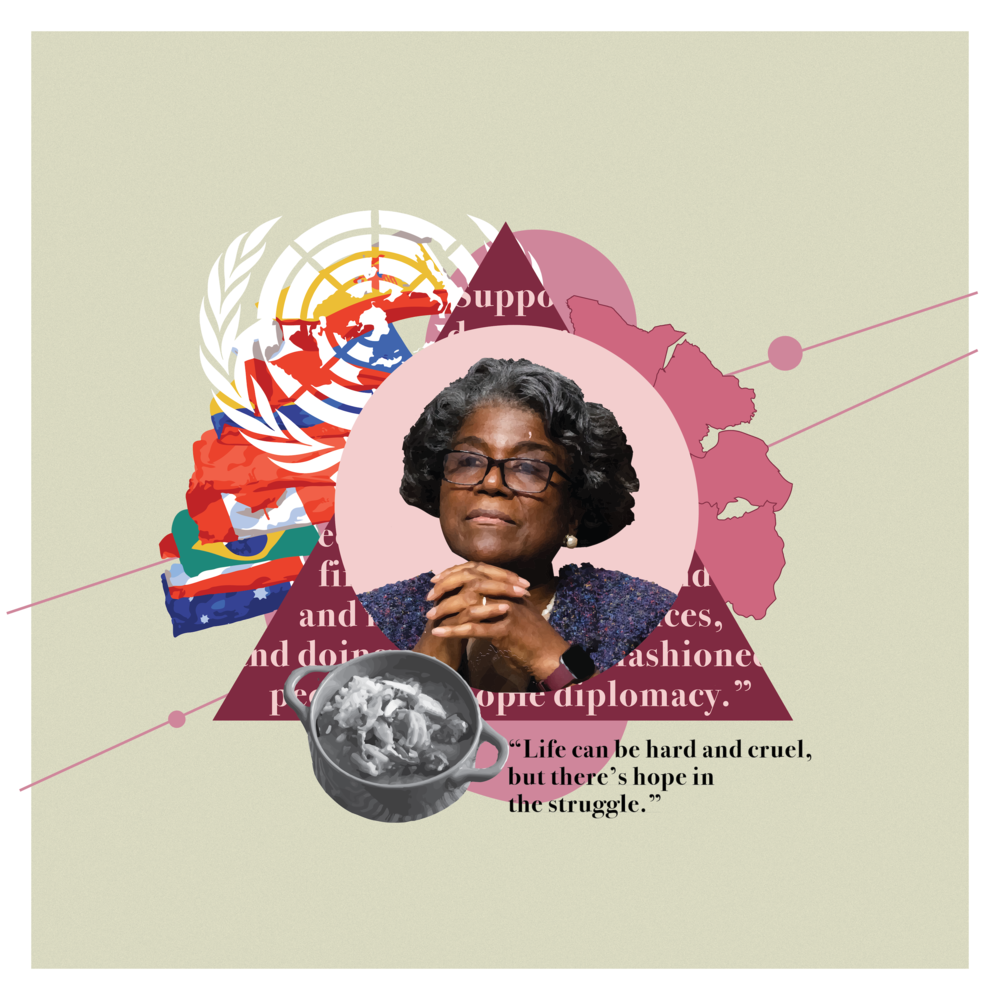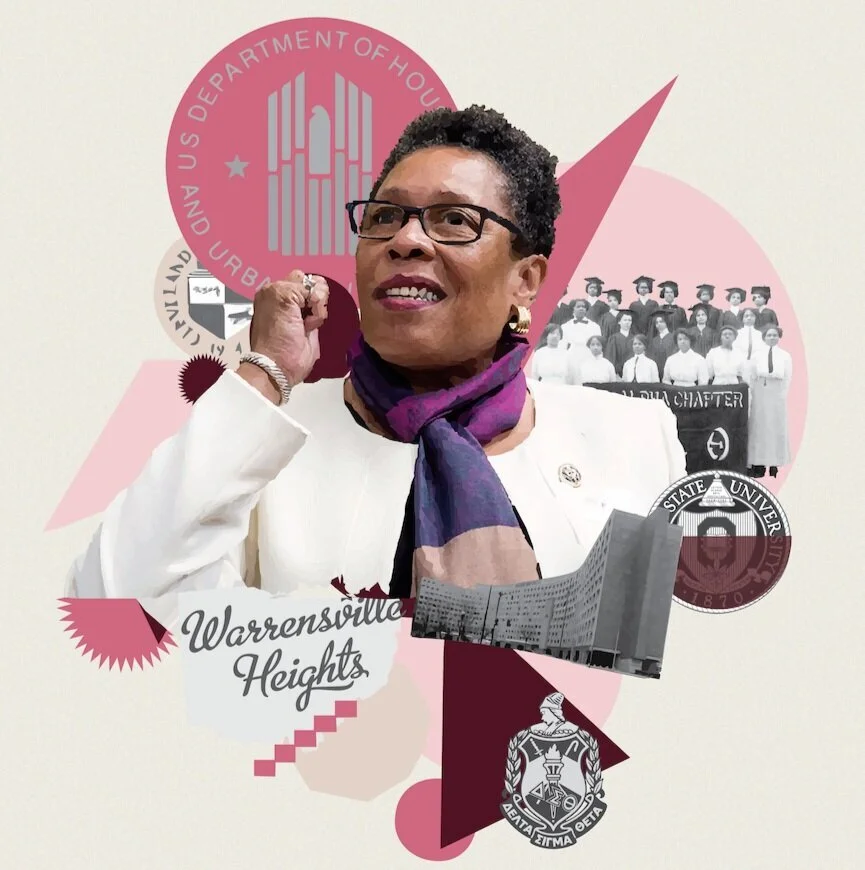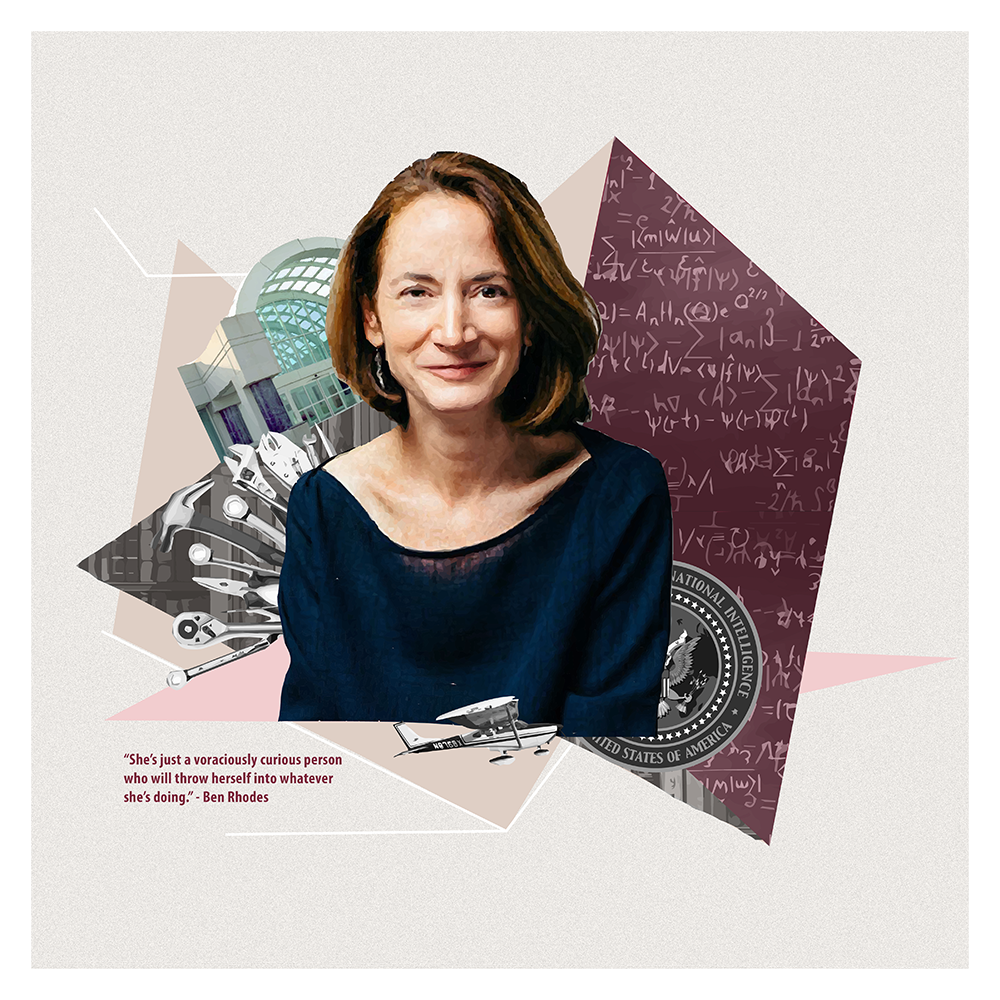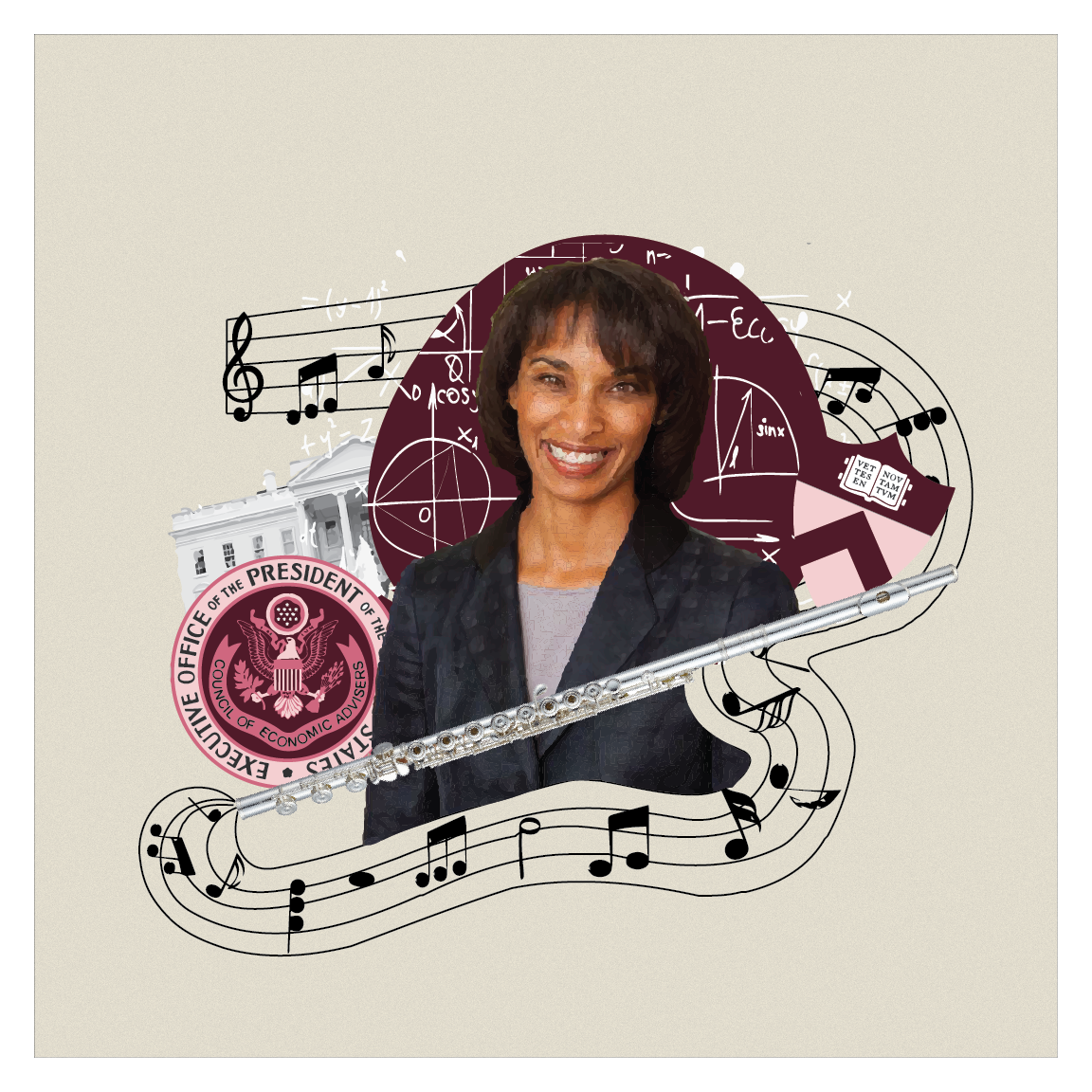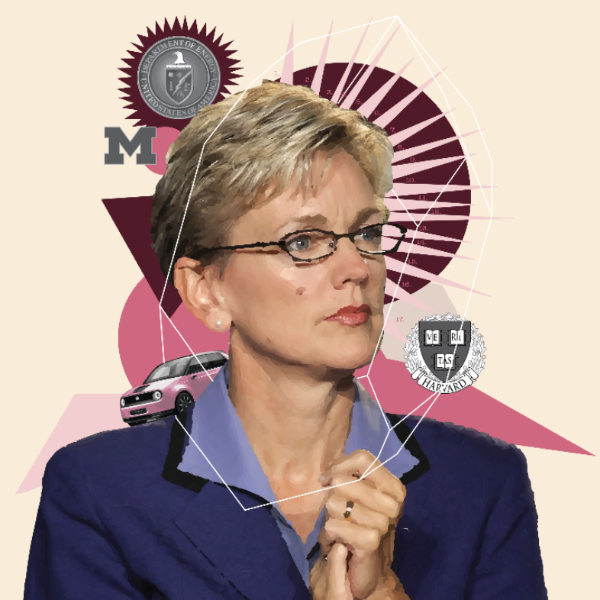This week I want to offer space on my blog to a woman I admire very much. Jennifer Fox is a very talented independent filmmaker. Over the past 30+ years, I have been an avid fan of her documentary work, including her 1987 Sundance Grand Jury Prize-winning Beirut: The Last Home Movie, PBS’s An American Love Story and POV’s My Reincarnation.
Jennifer Fox
For her most recent film, The Tale, which premiered at this year’s Sundance Film Festival, Jennifer took enormous risks. Not only did she make her first narrative feature film, she based it on her own personal story of sexual abuse. The film is an incredible, but sadly all too common story.
At the age of 13, Jennifer became involved in a sexual relationship with her 40-year-old track coach. In The Tale, a cinematic memoir of Jennifer’s experience, she details how child sex abuse survivors often lie to themselves, remembering events in a positive light in order to protect themselves from the trauma of what really happened.
The Tale is a towering example of how films can start a conversation that facilitates real social change.
The Tale, airing on HBO now, stars Laura Dern and is nominated for two Emmy awards: Best TV Movie and Best Actress.
I asked Jennifer to tell me about the film, the reactions she's had from audiences and how the film has opened up a space for others to talk about their own childhood sexual abuse, some for the very first time.
Jennifer Fox on 'The Tale'
The splash of The Tale into the world has been meteoric. The first shock came at Sundance. Like all independent filmmakers, I had worked quietly in the dark for years and I didn’t know if the world was ready for my story. I wondered if audiences would get up and march out of the theater midway through viewing or if critics would pan the film as going too far. I was terrified.
"Like all independent filmmakers, I had worked quietly in the dark for years and I didn’t know if the world was ready for my story."
The Sundance premiere was met with a great outpouring of support for both the artistic merit of the film and the universal narrative I was telling, garnering us five standing ovations. Reviews and articles flooded in, with journalists writing at a depth and thoughtfulness I didn’t think possible. A bidding war followed and we chose to go with HBO because we felt television was the best medium to get the film out the largest possible audience. Miraculously, The Tale had managed to launch on the heels of the Weinstein debacle, the #MeToo movement and #TimesUp, making the world ready to face this even greater taboo – child sexual abuse.
The incidence of child sexual abuse is rampant and overwhelming everywhere. It is beyond class culture and race. It spares no country that I know of – it’s an epidemic. Yet it is a taboo subject everywhere. To my surprise and joy, the film seems to be able to capture something that has never been spoken about before – the very intimate, detailed process of how child sexual abuse occurs, how a child can love her (or his) abuser, how a perpetrator can abuse through denial of their own actions in a way that can even look loving, and how women can collude in the process. The film demonstrates something I’ve always thought: that the personal is political.
"I wanted to know why I had spun the story I had told myself for so many years."
I wanted to understand how I could have lived in such denial, when I think of myself as honest person. The journey to investigating that self-deception took five years of writing the script for The Tale and another five years producing the film. I always knew that this story had to be fictionalized with actors, and that by doing so we could potentially reach millions and millions of people, but I had no idea that my personal story would resonate so profoundly with audiences in America and around the globe. I didn’t realize just how archetypal my story of having been groomed and coached by adults to accept sexual abuse as normal was. What I discovered about the power of fiction is that it allows audiences everywhere to read into my story, their story.
After the US HBO broadcast, I accompanied the film to festivals and outreach screenings around the globe. It’s been extraordinary to witness — country by country, audience by audience — viewers reacting to the film as if it was coming out of their own society and culture, as if we had made it for them. From the UK, to Norway, Denmark and Sweden in Scandinavia, to Germany and Switzerland, and now to South Africa, Mexico, Latin America and Canada and onward — as the film rolls out on televisions across the world, the outpouring of individuals connecting with the film has been extraordinary, a multilingual refrain of “This is my story.”
By seeing my story, they told me they felt they could begin to speak about their trauma for the first time openly. Many lined up to speak with the psychologists that we had arranged to be available after screenings. The film is also shedding light on how child sexual abuse occurs and helping people to rethink how they perceive it, how they can prevent it and how to handle the aftermath. Over and over again, I hear from educators, lawyers, therapists, students and parents, words like: “I realize I never really understood child sexual abuse before watching the film….”; “I never understood how children get ensnared by perpetrators…”; “I never understood what sexual abuse looks like before.”
What I’ve done is very simple, to describe abuse from the point of view of a 13-year-old (myself) whose experience has turned out to be pretty typical. I’ve also described the struggle of coming to terms with the events of past trauma from the perspective of a middle-aged woman (my 40-year-old self), including the denial and difficulty in facing the suffering that many survivors go through. By sharing my very specific, personal story, the film has enabled others to talk about their own stories.
"What this experience has proven to me is that child sexual abuse is such a taboo subject, it took a film like this to rip the lid off people’s silence in every corner of society, in every country, in every culture it appears in."
We are only a few months out of the gate as The Tale is being distributed around the world. Many countries are still to come in the 100+ country network that HBO has. The Tale has started a movement ripping the band-aid off child sexual abuse — compelling people to face the issue in all its complexity in order to be able to prevent it and help survivors heal. It has shown me the power of filmmaking and the new realm of “issue-based-fiction” to touch audiences everywhere to change the world.
I am proud and humbled to have my personal story be in such service.
— Jennifer Fox
Where to Watch The Tale
USA: HBO
International: Various channels



